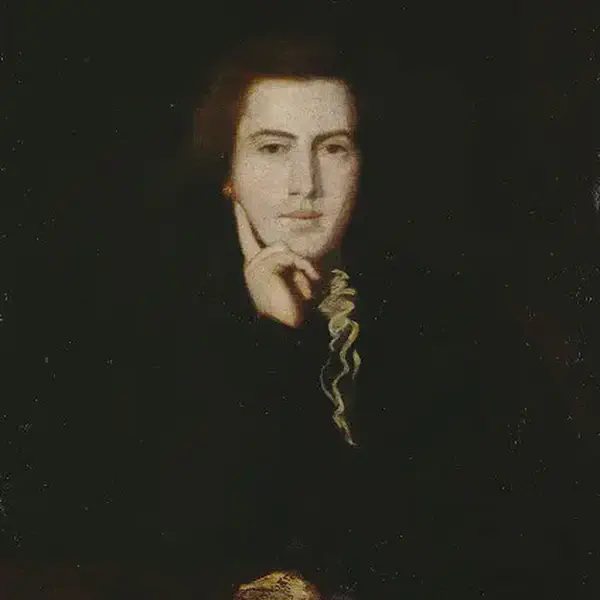
William Drennan, Physician, Poet, Educator and Political Radical, Dies
February 05, 1820
William Drennan, a notable figure in Irish history as a physician, poet, educator, and political radical, died on February 5, 1820. He is best remembered as one of the founding members of the Society of United Irishmen in 1791, an organization that sought to bring about political reform in Ireland and to secure greater independence from Britain. The society aimed for Catholic emancipation and the reform of the Irish Parliament, and it later evolved towards advocating for Irish independence, culminating in the Irish Rebellion of 1798.
Born in 1754 in Belfast, Drennan was a man of enlightenment ideals, deeply influenced by the American and French revolutions. His writings, including letters and poems, articulated visions of a more equal and just society, and he is credited with first coining the phrase “the Emerald Isle” in reference to Ireland.
As a physician, Drennan was respected for his medical knowledge and commitment to public health. He also played a significant role in the establishment of the Royal Belfast Academical Institution, reflecting his commitment to education and the betterment of society through learning.
Drennan’s political activities, particularly his involvement with the United Irishmen, led to his arrest and trial for sedition in 1794. Although he was acquitted, the experience did not deter his advocacy for political change. However, following the failure of the 1798 rebellion and the Act of Union in 1800, which united the Kingdom of Great Britain and the Kingdom of Ireland, Drennan became disillusioned with the prospect of immediate political reform. In his later years, he continued to write and remained a respected figure in the fields of medicine and literature.
William Drennan’s legacy is that of a visionary who sought to use his diverse talents for the betterment of Irish society. His contributions to Irish nationalism, coupled with his work in medicine and education, have ensured his place in Irish history as a figure of enduring significance.